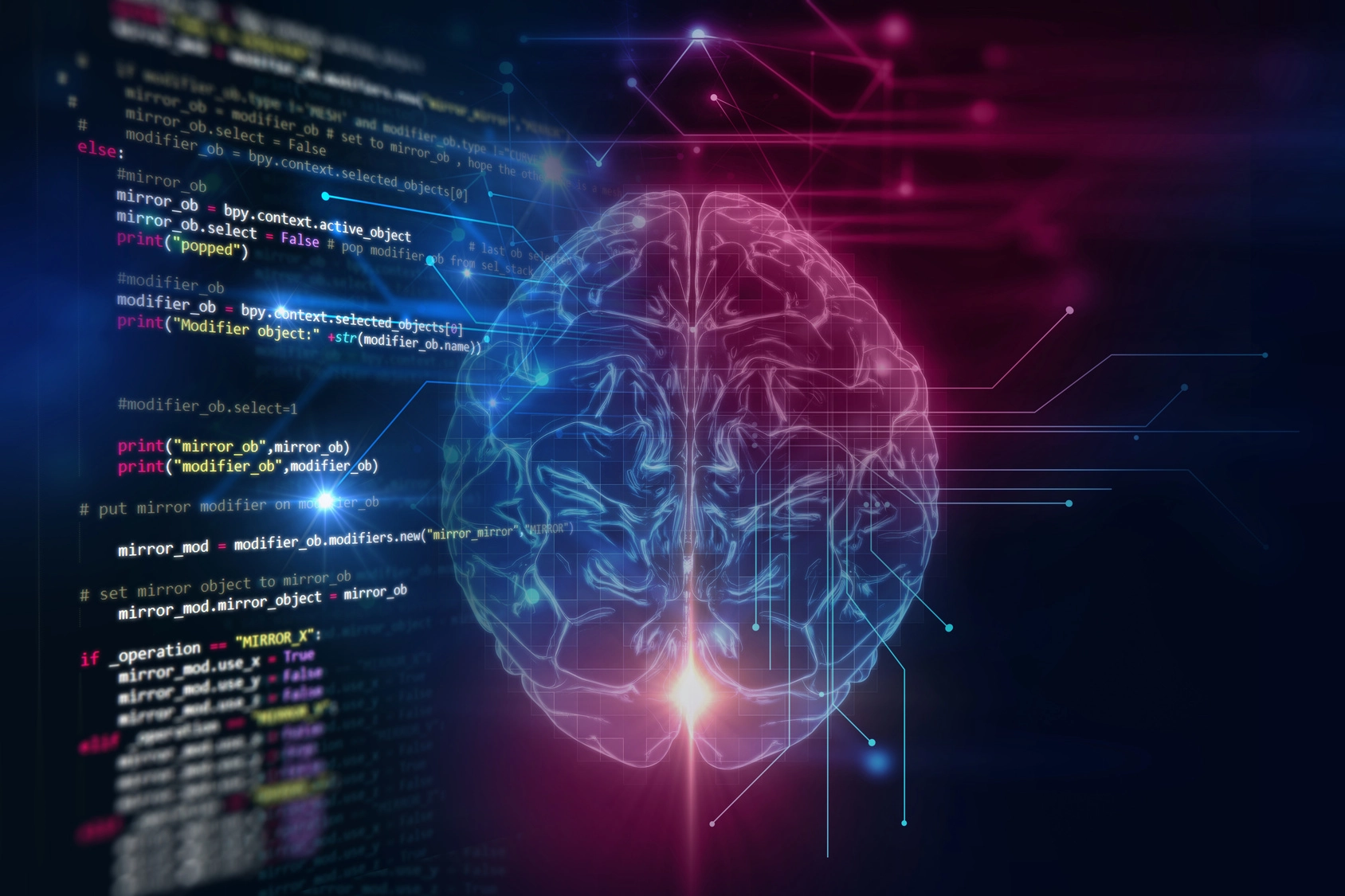 Web Desk
Web Desk

Tech enthusiasts and industry experts have been abuzz with excitement and anticipation ever since Siqi Chen, a prominent tech entrepreneur, and developer, made the bold claim that GPT-5 will achieve Artificial General Intelligence (AGI) by the end of this year.
The possibility of AGI, which refers to the ability of machines to understand and learn any intellectual task that a human being can, is a significant milestone in the field of Artificial Intelligence. It could revolutionize various industries and change how we interact with technology.
OpenAI is set to release GPT-5, an upgrade to their current AI system, which may make generative AI indistinguishable from humans.
However, achieving AGI (artificial general intelligence) with GPT-5 is not a consensus belief within OpenAI, as some individuals believe it may eventually reach this level of capability.
AGI refers to an AI system that can learn and understand any task or concept humans can, while AI is limited to specific tasks or functions.
The potential benefits of AGI include increased productivity and the ability to relieve humans of repetitive work. However, it is also important to consider the potential negative effects, such as the possibility of highly convincing human-like bots spreading harmful misinformation and propaganda on social media platforms.
Also Read: WhatsApp to Allow Users “Lock Chats” in New Update
Chen referred to a recent tweet by Yohie Nakajima, where he shared an experiment about an “AI founder” that amazed him. In the experiment, the AI was assigned a task to create its next task, and as it executed them, it generated and reorganized its list of tasks.
This level of autonomy and self-governance in an AI is a significant breakthrough that could revolutionize how AI operates and learns. However, it also raises concerns about the potential risks and consequences of an AI having too much control and independence.
OpenAI’s recent AI founder experiment, where an AI was tasked with creating and reordering its task list, has impressed Yohie Nakajima, who called it “mind-blowing.” Although currently limited to search, OpenAI’s Dario Amodei believes that with chatbot plugins and the upcoming GPT-5, we may be closer to achieving AGI than previously thought.
However, many experts, including Elon Musk and over a thousand tech leaders, have voiced concerns about the dangers of granting such powerful AI too much authority.
They have called for a pause on training AI systems more powerful than GPT-4 to prevent the spread of false information and propaganda.
Artificial intelligence has been sent into a frenzy with the recent claims of tech entrepreneur Siqi Chen that GPT-5, the next iteration of OpenAI’s powerful language model, will achieve Artificial General Intelligence (AGI) by the end of 2022. The news has prompted concerns from prominent AI researchers and organizations, who have called for a pause, i.e., training AI systems more powerful than GPT-4. The potential impact of this development on society is immense, making it imperative to consider the ethical implications and potential risks before moving forward.
“If such a pause cannot be enacted quickly, governments should institute a moratorium.”

